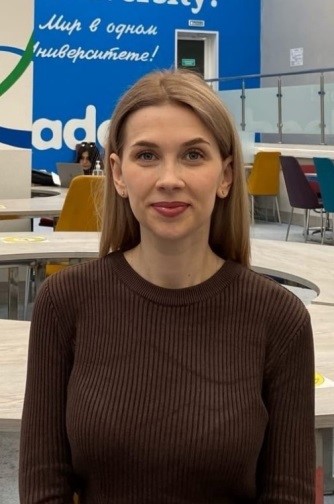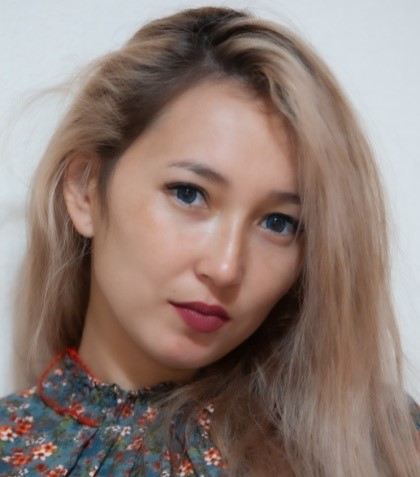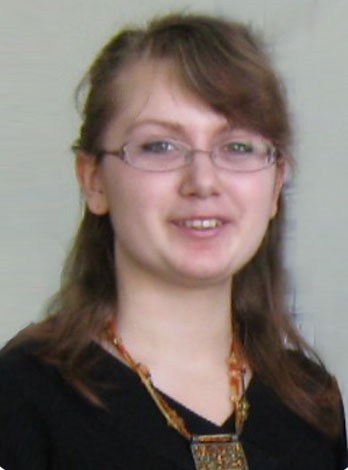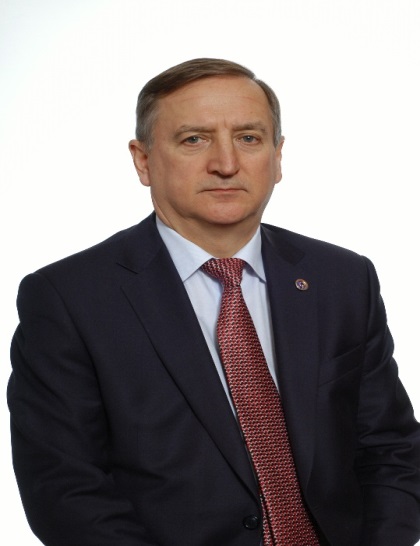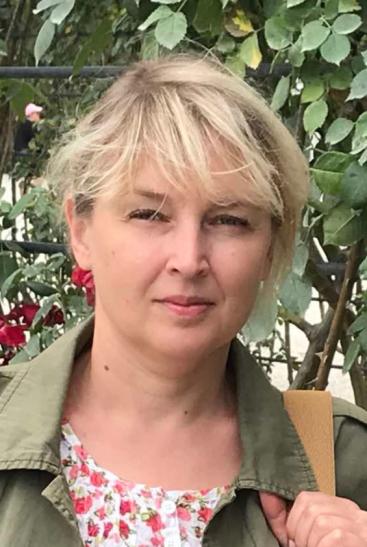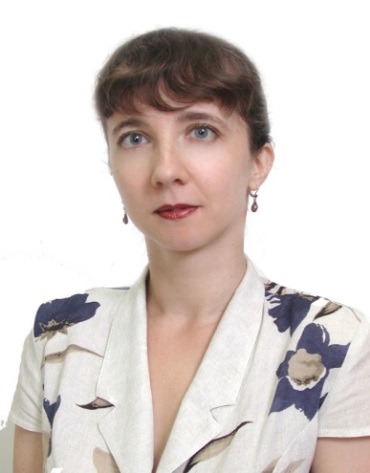 E–mail: voltam2006@yandex.ru
E–mail: voltam2006@yandex.ru
Place of work: airline JSC “Norilsk Avia” Norilsk, Russia
Post: Shift engineer
Place of study: Reshetnev Siberian State University of Science and Technology, Krasnoyarsk, Russia
Status: Postgraduate
Scientific major: operation and reliability of aviation equipment
Important publications:
1. Trishin S. S. Analysis of indicators of the maintenance process in the aviation technical center “KRASAIR” during the period of completion of the airline’s activities / O. G. Boyko, E. A. Achkasova, S. S. Trishin // Reshetnev readings: materials of the XXIV Intern. scientific-practical. conf., dedicated in memory of the General Designer of Rocket and Space Systems Academician M. F. Reshetnev: at 2 o’clock / under total. ed. Yu. Yu. Loginova. – Krasnoyarsk, 2020. V.1 P. 321-323. EDN SXZSYB.
2. Trishin S. S. Analysis of the efficiency of the process of operating the BOEING-737 aircraft of SOMON AIR FOR 2013-2018 / I. T. Nemshilov, S. S. Trishin, A. A. Muminov, S. V. Leonov, O. G. Boyko // APAK Sat. Materials VI Intern. scientific-practical. conf., dedicated Cosmonautics Day (April 08–12, 2020, Krasnoyarsk): in 3 volumes. T. 2. – under the general. ed. Yu. Yu. Loginova; Siberian State University M. F. Reshetnev. – Krasnoyarsk, 2020, T 2. P. 420-423.
3. Trishin S. S. Analysis of the maintenance process of the AN-26 aircraft according to the data of the aviation technical center / E. A. Achkasova, S. S. Trishin. O. G. Boyko // Reshetnev Readings: Proceedings of the XXIV Intern. scientific-practical. conf., dedicated in memory of the General Designer of Rocket and Space Systems Academician M. F. Reshetnev: at 2 o’clock / under total. ed. Yu. Yu. Loginova. – Krasnoyarsk, 2020, V. 1 S. 354-356.
4. Trishin S. S. Analysis of failures and malfunctions of the hydraulic system of the MiG-31BM aircraft according to the statistical data of the fighter aviation regiment / D. A. Idiyatulin, A. N. Emelyanov, D. A. Kachaev, S. S. Trishin // APAK sb. materials of the VII Intern. scientific-practical. conf., dedicated Cosmonautics Day (April 08–12, 2021, Krasnoyarsk): in 3 volumes. T. 2. – under the general. ed. Yu. Yu. Loginova; Siberian State University M. F. Reshetnev. – Krasnoyarsk, 2021. V.2 S. 615-617.
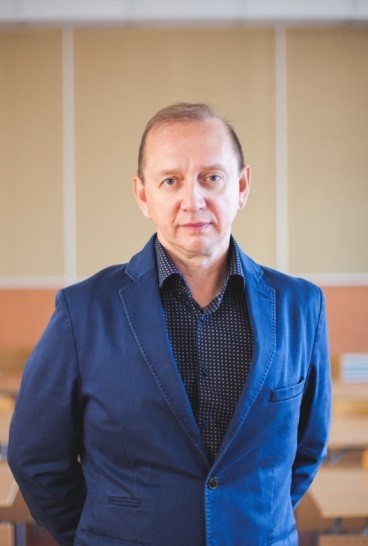 E–mail: andfomin67@mail.ru
E–mail: andfomin67@mail.ru
